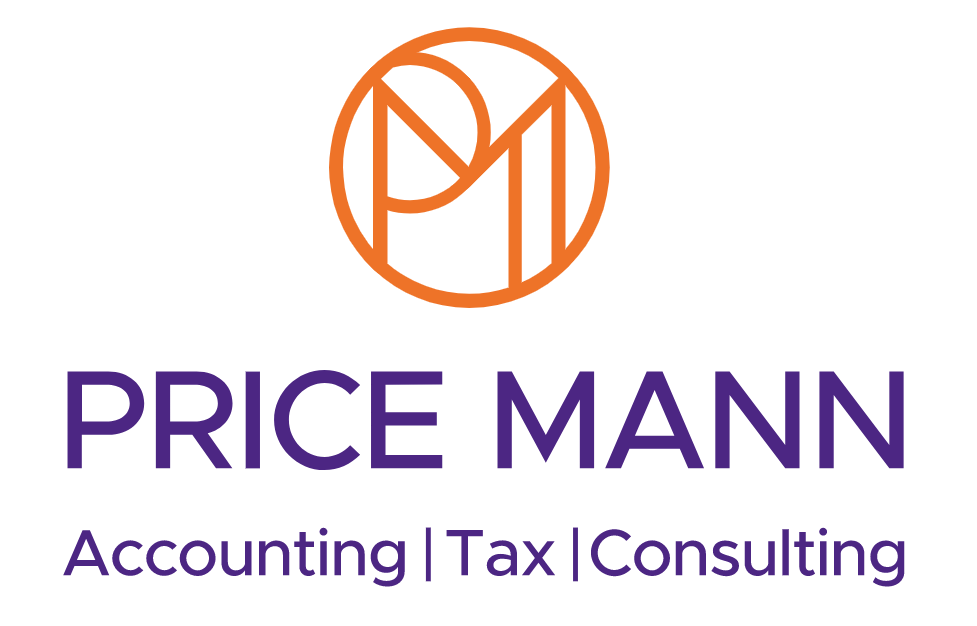Limited Company or Partnership?
Limited company or partnership?
That is the question
Choosing the right business structure is one of the most critical decisions for any new venture. Whether you opt for a limited company or a partnership, your choice will shape how your business is taxed, how much personal risk you're exposed to, and how easy it will be to grow.
If you have spent any time with business owners, you will find that they have an opinion on the right company setup. But be aware that they may be using mythical tax rules and regulations to base their opinion.
Each option has its own set of benefits and drawbacks, depending on the size and future plans of your business. So, if you're looking for a setup that best suits your goals, keep reading to find out which structure is right for you.
All about a partnership
A partnership involves two or more individuals or entities sharing management and profits. This structure is simple, cost-effective, and ideal for small businesses looking to hit the ground running without much regulatory fuss.
Advantages:
- Easy setup: Forming a partnership requires minimal paperwork and is less costly than establishing a limited company. You can get started without the burden of complex legal structures.
- Flexible management: Partners share decision-making, which allows for greater control over how the business is run. Profits can be divided according to the partners’ agreements, offering more adaptability than a rigid corporate setup.
- Tax transparency: Partnerships are tax-transparent, meaning that the business’s profits are taxed at the partners’ individual income tax rates. This avoids the double taxation seen in limited companies, where profits are taxed both at the corporate level and on dividends.
Disadvantages:
- Unlimited liability: Partners are personally responsible for any business debts. This means that if the business encounters financial difficulties, personal assets could be at risk. This is a significant drawback compared to the protection offered by limited companies.
- Limited investment opportunities: Partnerships may struggle to attract investors, as they lack the structure and protections of limited companies. Investors generally prefer limited companies, where liability is capped and financial risks are lower.
Let’s talk about Limited Companies
A limited company is a separate legal entity from its owners, providing significant protection from personal liability. This structure is particularly appealing to businesses looking to grow or take on more risk.
Advantages:
- Limited liability: One of the key benefits of a limited company is the protection it offers. Owners’ assets are safeguarded, and their liability is limited to the amount they have invested in the business.
- Professional perception: Operating as a limited company can enhance the credibility of your business. It’s seen as more established, which can help when attracting clients, suppliers, and investors.
- Growth potential: A limited company has more potential to raise capital by issuing shares, making it easier to access funding for expansion.
Disadvantages:
- Increased regulation: Limited companies must meet strict legal and financial reporting requirements. While these obligations provide transparency and trust, they also increase the administrative burden.
- Double taxation: Limited companies face corporation tax on profits, and shareholders may also be taxed on dividends, potentially making this structure less tax-efficient for small businesses.
Making the right choice for your business
Ultimately, the choice between a limited company and a partnership depends on your business needs and goals. If you’re after flexibility and simplicity, a partnership might be the best fit. However, if you want to protect personal assets and position your business for growth, a limited company could be the better option.
Need help?
We understand that running a business can be overwhelming, especially when it comes to planning, managing staff, and ensuring you have the finances to bring your vision to life.
Contact us today and let us ease the pressure.













